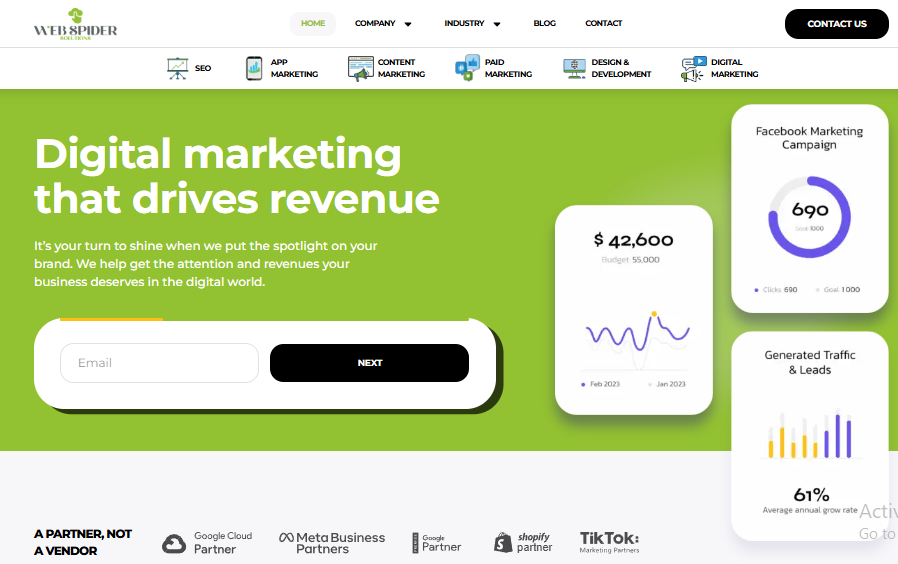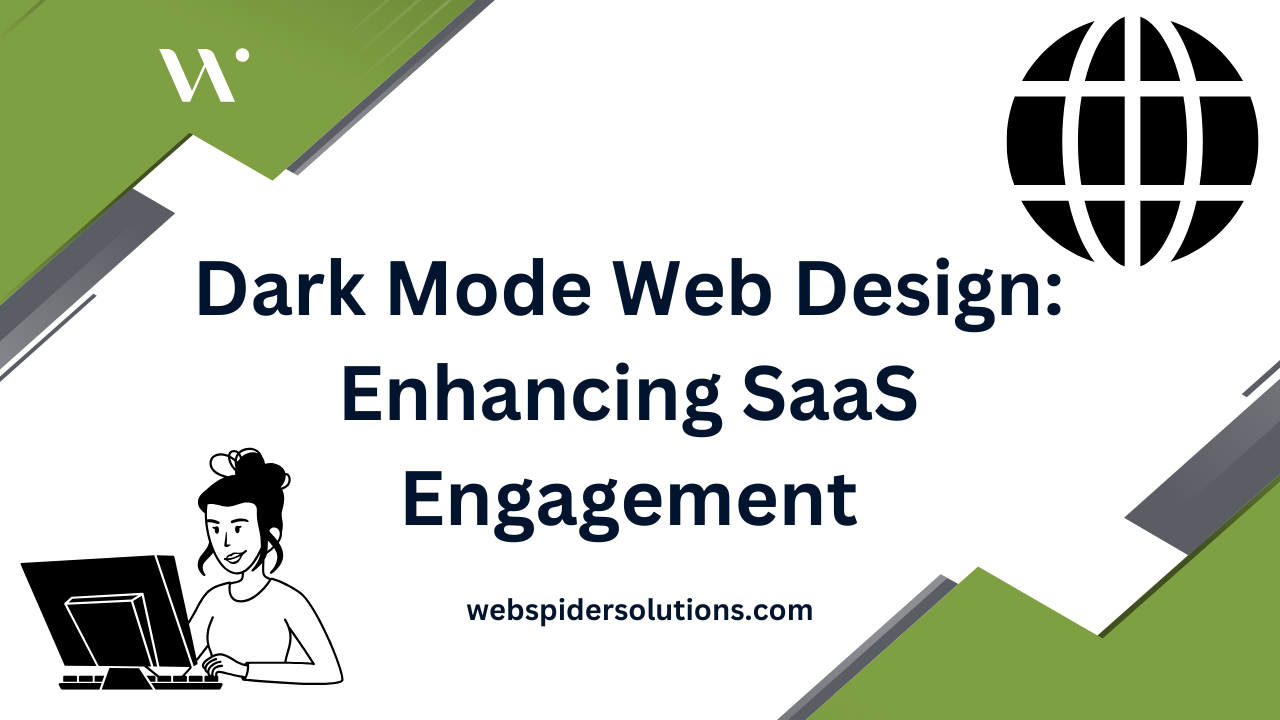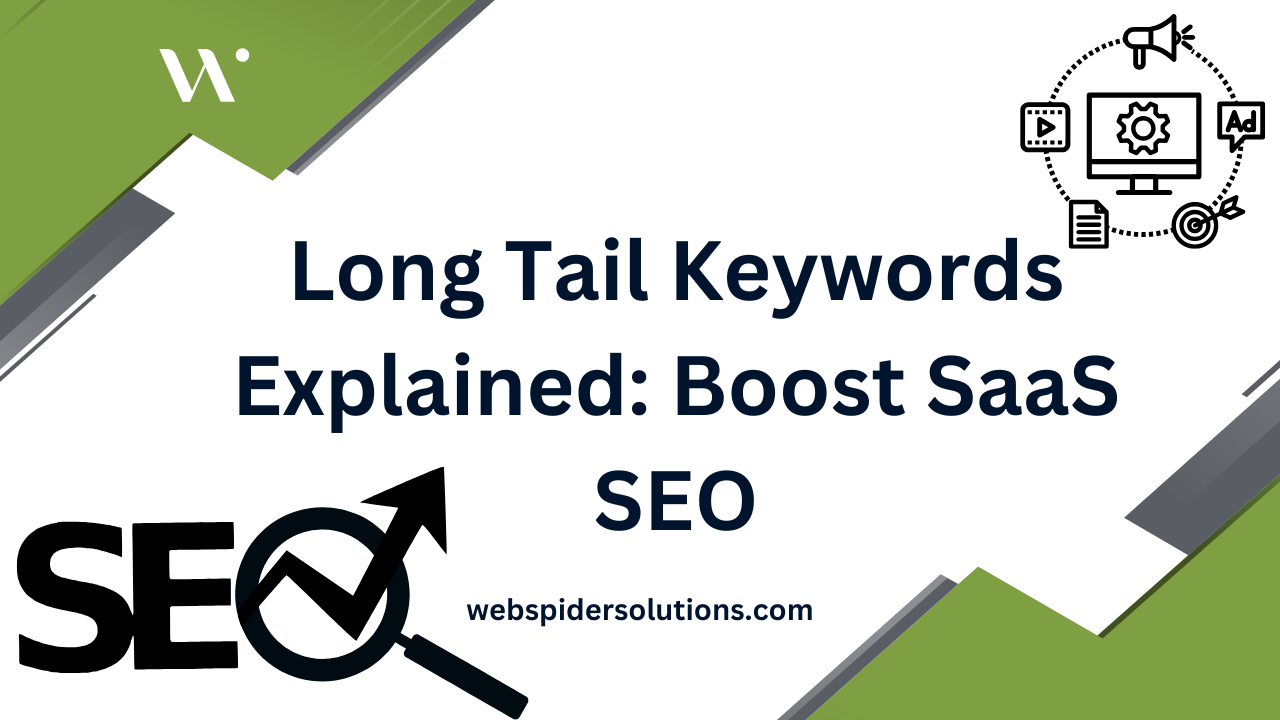Digital marketing automation is changing how companies connect with customers. Businesses that use automation see up to a 14.5 percent boost in sales productivity and a 12.2 percent drop in marketing overhead. Sounds high-tech and complicated, right? Actually, the biggest surprise is how these systems take care of the grunt work, freeing up teams to focus on real strategy instead of chasing leads. Most people expect robots to replace humans, but here it just means more time for creative thinking and stronger results.
Table of Contents
- What Is Digital Marketing Automation?
- The Importance Of Digital Marketing Automation
- How Digital Marketing Automation Works
- Key Concepts In Digital Marketing Automation
- Practical Applications Of Digital Marketing Automation
Quick Summary
| Takeaway | Explanation |
|---|---|
| Implement automation for efficiency | Leverage digital marketing automation to streamline repetitive tasks and reduce manual effort. |
| Use data for personalized marketing | Collect and analyze customer data to create customized marketing experiences tailored to individual preferences. |
| Enhance customer engagement | Create dynamic, responsive engagement strategies that adapt to customer behaviors across multiple platforms. |
| Optimize lead nurturing processes | Develop automated workflows for lead nurturing, ensuring continuous engagement and increasing conversion rates. |
| Track and measure campaign performance | Utilize real-time analytics to monitor campaign effectiveness, enabling adjustments for improved results. |
What is Digital Marketing Automation?
Digital marketing automation represents a strategic technological approach that enables businesses to streamline, optimize, and personalize their marketing processes through advanced software platforms. At its core, digital marketing automation transforms repetitive manual marketing tasks into intelligent, data-driven workflows that operate with minimal human intervention.
Core Mechanics of Marketing Automation
Marketing automation functions by integrating multiple digital channels and tools to create seamless, interconnected marketing experiences. Research from ResearchGate defines this technology as an algorithmic solution that empowers organizations to execute complex marketing strategies efficiently.
The primary mechanics involve:
- Collecting and analyzing customer interaction data across digital platforms
- Triggering personalized marketing actions based on predefined conditions
- Segmenting audiences with granular precision
- Tracking and measuring campaign performance in real time
Strategic Benefits for Modern Businesses
Businesses implementing digital marketing automation gain significant competitive advantages. By understanding digital marketing campaigns, organizations can create more targeted, responsive marketing strategies that adapt dynamically to customer behaviors.
Key strategic benefits include:
- Reducing manual labor and operational marketing costs
- Improving lead nurturing and conversion rates
- Delivering consistently personalized customer experiences
- Generating actionable insights through comprehensive data analytics
Digital marketing automation transcends traditional marketing approaches by introducing intelligent, predictive capabilities that transform how businesses engage with their audiences. By leveraging sophisticated algorithms and interconnected digital tools, companies can create more meaningful, responsive marketing ecosystems that drive sustainable growth and customer satisfaction.
To clarify how digital marketing automation benefits modern businesses, the following table organizes key strategic advantages alongside concise explanations found in the article.
| Strategic Benefit | Explanation |
|---|---|
| Reduced manual labor and costs | Automation lowers marketing overhead and operational expenses |
| Improved lead nurturing and conversion rates | Streamlines and optimizes lead management workflows for higher results |
| Personalized customer experiences | Delivers tailored content and interactions to each customer |
| Actionable insights from analytics | Provides data-driven insights to inform ongoing marketing strategy |
| Consistent brand messaging | Maintains uniform communication across all marketing channels |
| Increased productivity | Frees up marketing teams to focus on creative and strategic initiatives |
The Importance of Digital Marketing Automation
Digital marketing automation has become a critical strategy for businesses seeking to optimize their marketing efforts, enhance customer engagement, and drive sustainable growth. Understanding its importance reveals how modern organizations can transform their marketing approach from reactive to proactively intelligent.
Competitive Performance and Efficiency
According to research in the International Journal of Data and Network Science, digital marketing automation significantly improves business performance by enabling data-driven decision making and reducing manual marketing workloads.
Key performance advantages include:
- Accelerating marketing response times
- Reducing operational costs through streamlined processes
- Enabling precise audience targeting
- Increasing overall marketing team productivity

Enhanced Customer Experience and Personalization
Modern consumers expect personalized, timely interactions across multiple digital channels. Digital marketing automation allows businesses to create sophisticated, adaptive engagement strategies that respond dynamically to individual customer behaviors and preferences.
Customer experience improvements encompass:
- Delivering contextually relevant content
- Creating seamless omnichannel communication
- Providing faster, more intelligent customer interactions
- Maintaining consistent brand messaging across platforms
By integrating advanced algorithms and comprehensive data analytics, digital marketing automation empowers businesses to transcend traditional marketing limitations. Organizations can now develop more intelligent, responsive marketing ecosystems that not only attract customers but also nurture long-term relationships through precision-targeted, personalized experiences.
How Digital Marketing Automation Works
Digital marketing automation operates through complex technological ecosystems that transform raw customer data into intelligent, actionable marketing strategies. By mastering digital marketing skills, businesses can understand the intricate mechanics behind these advanced systems.
Data Collection and Integration
According to the American Marketing Association, marketing automation begins with comprehensive data collection across multiple digital touchpoints. This process involves gathering information from websites, social media platforms, email interactions, and customer relationship management systems.
Key data integration components include:
- Tracking user behavior and interaction patterns
- Consolidating customer information from diverse sources
- Creating unified customer profiles
- Establishing real-time data synchronization
Workflow Triggers and Personalization
Once data is collected, automation platforms utilize sophisticated algorithms to create personalized marketing workflows. These intelligent systems analyze customer behaviors, preferences, and historical interactions to generate targeted, contextually relevant marketing actions.
Workflow automation strategies encompass:
- Developing segmented audience groups
- Creating conditional marketing pathways
- Automatically generating personalized content
- Scheduling time-sensitive communications
Digital marketing automation transforms complex data into strategic insights, enabling businesses to create dynamic, responsive marketing experiences.
This table summarizes the major components involved in how digital marketing automation works, highlighting each step and its function within the automation process.
| Component | Function |
|---|---|
| Data collection | Gathers customer data from websites, social media, email, and CRM systems |
| Data integration | Combines customer information into unified profiles for holistic understanding |
| Real-time data synchronization | Ensures up-to-date information across all platforms |
| Audience segmentation | Divides users into specific groups based on behavior and profiles |
| Workflow triggers | Initiates marketing actions based on defined customer interactions or events |
| Personalized content creation | Automatically delivers tailored messages based on user data |
| Performance tracking | Monitors campaign success using analytics and reporting tools |
By leveraging advanced technologies, organizations can develop sophisticated engagement strategies that adapt in real time, delivering precisely targeted messages to the right audience at the optimal moment.
Key Concepts in Digital Marketing Automation
Digital marketing automation encompasses sophisticated technological frameworks that transform traditional marketing approaches. By understanding these critical concepts, businesses can leverage advanced strategies to optimize their marketing performance and customer engagement.
Database Marketing and Customer Segmentation
According to the University of Delaware, database marketing represents a fundamental concept in digital marketing automation. This approach enables organizations to systematically identify, differentiate, and engage with customer segments through intelligent data utilization.
Key database marketing principles include:
- Creating comprehensive customer profiles
- Mapping customer journeys and interaction points
- Developing targeted communication strategies
- Implementing predictive analytics for customer behavior
Multi-Touch Campaign Management
Modern digital marketing automation extends beyond single-channel interactions. Exploring digital marketing campaign strategies reveals the importance of creating interconnected, responsive marketing ecosystems that adapt to individual customer preferences.
Critical multi-touch campaign management elements involve:
- Designing integrated communication pathways
- Establishing consistent brand messaging across platforms
- Tracking customer interactions across multiple touchpoints
- Dynamically adjusting campaign strategies based on real-time feedback
Digital marketing automation represents a transformative approach that transcends traditional marketing methodologies. By integrating advanced technologies, data analytics, and intelligent algorithms, businesses can create highly personalized, responsive marketing strategies that not only attract customers but also nurture long-term, meaningful relationships through precision-targeted engagement.
Practical Applications of Digital Marketing Automation
Digital marketing automation translates complex technological capabilities into tangible business strategies that drive performance and customer engagement. Understanding digital marketing skills becomes crucial in effectively implementing these advanced automation techniques.
Lead Nurturing and Conversion Optimization
According to the Center for Industrial Research and Service, marketing automation provides sophisticated mechanisms for guiding potential customers through comprehensive conversion pathways. This approach enables businesses to develop systematic, personalized engagement strategies that transform initial interactions into sustained customer relationships.
Key lead nurturing applications include:

- Automated email drip campaigns
- Personalized content recommendations
- Behavior-triggered communication sequences
- Progressive lead scoring mechanisms
Customer Relationship Management Strategies
Marketing automation extends beyond initial customer acquisition, focusing on developing robust, long-term relationship management processes. By integrating intelligent tracking and communication systems, businesses can create dynamic, responsive engagement frameworks that adapt to individual customer preferences and behaviors.
Comprehensive relationship management techniques encompass:
- Segmented customer communication workflows
- Automated customer feedback collection
- Personalized retention and loyalty programs
- Predictive customer interaction modeling
Digital marketing automation represents a transformative approach that empowers businesses to transcend traditional marketing limitations. By leveraging advanced technologies and data-driven strategies, organizations can create intelligent, responsive marketing ecosystems that deliver precise, contextually relevant experiences across multiple customer touchpoints.
Ready to Finally Make Marketing Work for You?
If you are overwhelmed by endless manual marketing tasks and struggle to create real connections with your audience, you are not alone. Many businesses feel blocked by inefficient workflows and inconsistent results. The article highlighted the impact of digital marketing automation and the urgent need for smarter, data-driven marketing strategies. Discover real solutions that turn raw data into results by exploring our Artificial Intelligence resources—where advanced automation meets proven marketing expertise.

Stop wasting time and missing new business opportunities. Visit Web Spider Solutions now to unlock personalized marketing automation strategies tailored to your goals. Grow faster. Serve customers smarter. You can even dig deeper into our Paid Advertising insights for more ways to boost campaign results. Contact us today and transform your digital marketing from reactive to unstoppable.
Frequently Asked Questions
What is digital marketing automation?
Digital marketing automation refers to the use of technology platforms to streamline, optimize, and personalize marketing processes, transforming repetitive tasks into data-driven workflows that require minimal human intervention.
How does digital marketing automation benefit businesses?
Businesses can benefit from digital marketing automation through reduced manual labor, improved lead nurturing and conversion rates, enhanced personalization, and actionable insights from data analytics, resulting in competitive advantages in their marketing strategies.
How does digital marketing automation work?
Digital marketing automation works by collecting and integrating customer data across various digital platforms, utilizing algorithms to trigger personalized marketing actions, segment audiences, and measure campaign performance in real time.
What are some practical applications of digital marketing automation?
Practical applications include lead nurturing through automated email campaigns, personalized content recommendations, behavior-triggered communications, and customer relationship management strategies that adapt to individual customer preferences.











